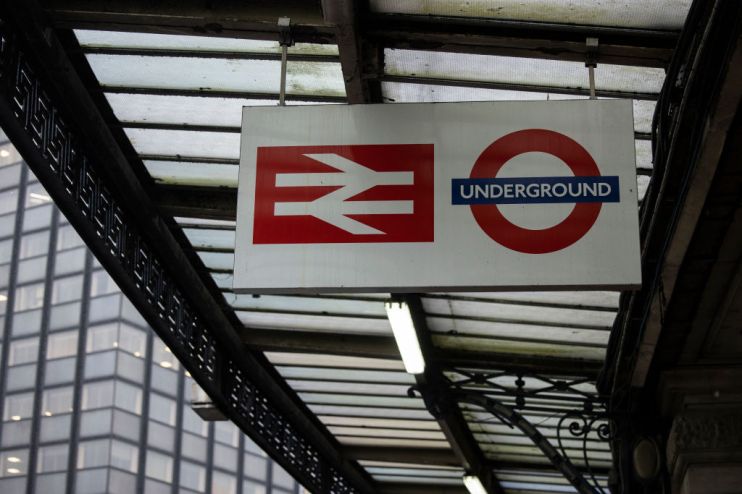TfL faces D-Day, as government funding expires on Friday

Transport for London (TfL) is about to face its D-Day as the latest round of government funding is set to expire on Friday.
“I see it as existential for TfL, as it will determine the TfL of the future,” said TfL’s commissioner Andy Byford this morning during a board meeting. “What we do and what we invest or don’t will determine the look and capability of this organisation as well as this city’s transport system.”
After initially acknowledging the support received since the pandemic began, Byford called on the government to continue helping TfL, arguing that “now it’s not the time to bail out.”
“This is the time when we must get a long-term deal,” he added. “Now it’s not the time to waver, otherwise we face a pretty scary scenario.”
Under the ‘pretty scary scenario’ highlighted at TfL’s board meeting, if the government funding runs out without a proper agreement, the public body will be forced to drastically cut projects and services.
According to documents released yesterday, the ‘healthy streets’ scheme could face a £473m cut, while signalling upgrade on the Piccadilly line will either be cancelled or paused, City A.M. reported.
Chief financial officer Simon Kilonback outlined how to save TfL’s finances from a £1.5bn black hole, London mayor Sadiq Khan is considering a series of measures, including the restructuring of fares and ticketing.
“These additional changes are looking to raise between £60m and £100 per year,” Kilonback explained. “And they include applying an all-day peak fare for Tube journeys between Zone 1 and Heathrow on the Piccadilly line, increasing the Oyster card deposit from £5 to £7.”
Khan is also looking at increasing the annual council tax by £20 over the next three years, which could generate up to £180m from 2022/2023 onwards.
“The mayor has also asked us to look at emission-based road user charging options, which have the potential to make at least £500m per annum in fines,” Kilonback added.
The extension of the ultra-low emission zone (ULEZ) and the introduction a Greater London Boundary charge, which could see drivers pay up to £3.50 to enter the capital, feature among the policies discussed at City Hall.